overwintering a container garden
bloomingtontutors
9 years ago
Related Stories
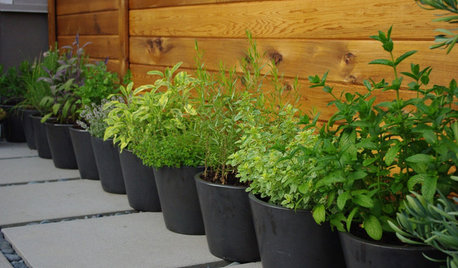
GARDENING GUIDES4 Herb Container Gardens for Fabulous Global Cuisine
Tingle your taste buds with the unbeatable taste of fresh herbs in your Italian, Asian, Mexican or French fare
Full Story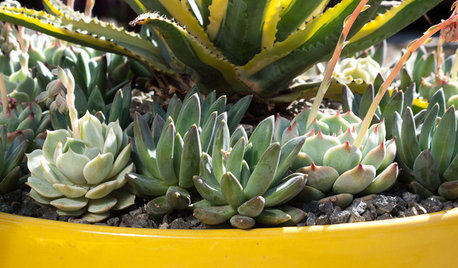
CONTAINER GARDENS3 Steps to Creating Quick, Easy and Colorful Succulent Containers
Take a bright container, add a colorful succulent or two and have a professional, summery design in minutes
Full Story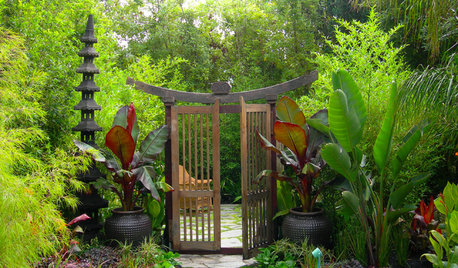
CONTAINER GARDENS10 Ways to Take Containers Beyond the Patio
Enliven your landscape with pots and containers
Full Story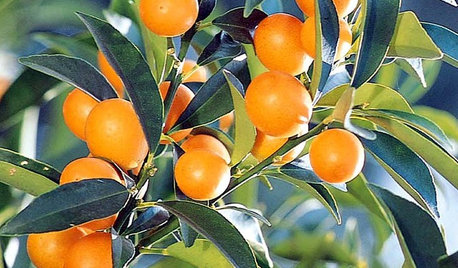
GARDENING GUIDES7 Fall Beauties for Mild-Climate Container Gardens
We're talking long-term relationship: These showy shrubs will bring color to your container garden autumn after autumn
Full Story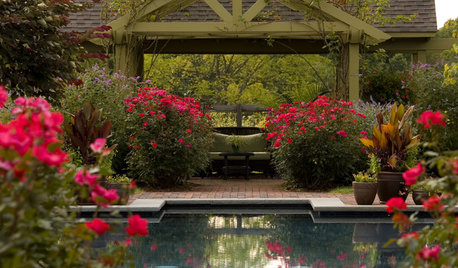
SPRING GARDENINGHow to Grow a Rose Garden in Pots
Everything can come up roses, even without a plot of soil in sight. This step-by-step guide to growing roses in containers shows you how
Full Story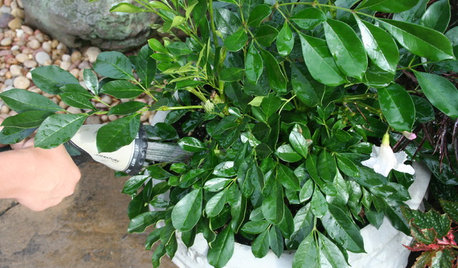
CONTAINER GARDENSContainer Garden Basics: How and When to Water Potted Plants
Confused about soil moisture, the best time to water and what watering device to use? This guide can help
Full Story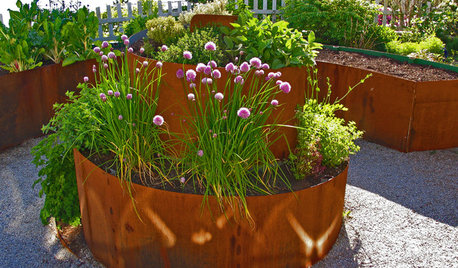
URBAN GARDENSContainers Make Growing Edibles a Cinch
If life hands you a lack of land, grow lemons — with a few basics, you can proudly reap the fruits, veggies and herbs of your labor
Full Story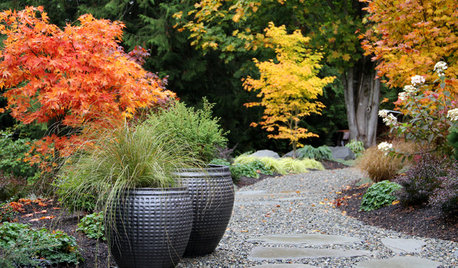
CONTAINER GARDENS9 Tips for Creating an Artful Container Garden
Make your potted plantings a beautiful sight with these ideas for container types, plant groupings and more
Full Story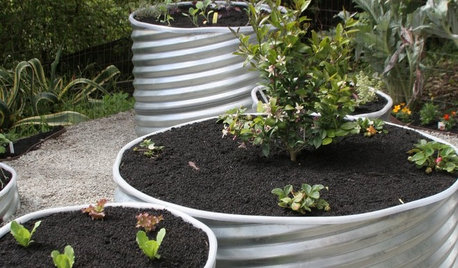
CONTAINER GARDENSContainer Gardening Basics: The Dirt on Soil
Learn the types of potting soil available and the best mixes to help your containers thrive
Full Story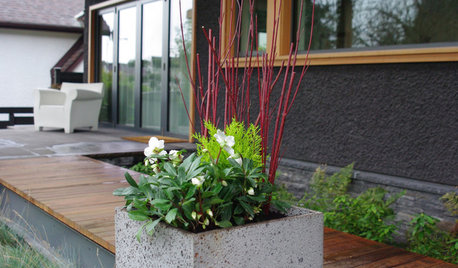
WINTER GARDENING7 Container Plantings to Bring Winter Gardens to Life
Adding instant color but with long-lasting practicality, these plant groupings are bright spots in a slumbering wintertime garden
Full StoryMore Discussions






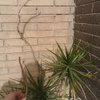
drew51 SE MI Z5b/6a
bloomingtontutorsOriginal Author
Related Professionals
70037 Landscape Architects & Landscape Designers · Wilmington Landscape Contractors · Danvers Landscape Contractors · Fort Payne Landscape Contractors · Fruit Heights Landscape Contractors · Hendersonville Landscape Contractors · Indianapolis Landscape Contractors · North Potomac Landscape Contractors · North Richland Hills Landscape Contractors · Ansonia Landscape Contractors · Quincy Solar Energy Systems · West Jordan Solar Energy Systems · Payson Solar Energy Systems · Fort Myers Window Contractors · Laurel Window ContractorsNHBabs z4b-5a NH
drew51 SE MI Z5b/6a
bloomingtontutorsOriginal Author
drew51 SE MI Z5b/6a
minhanh1009